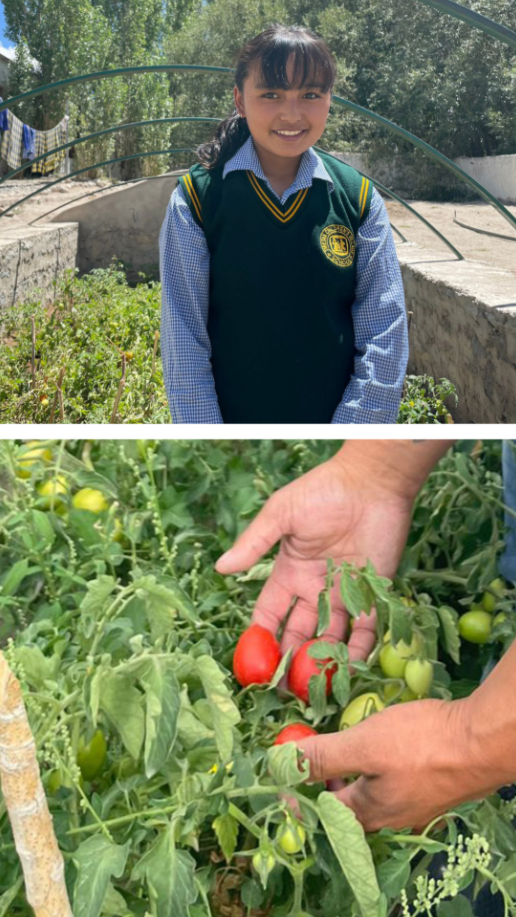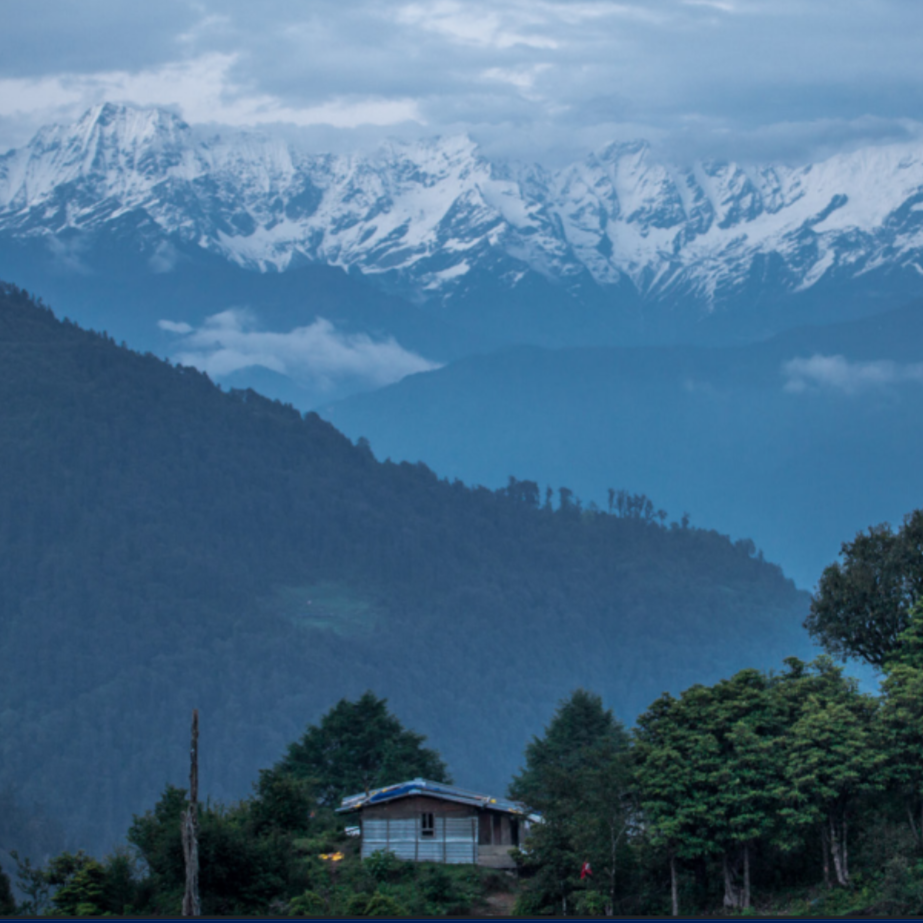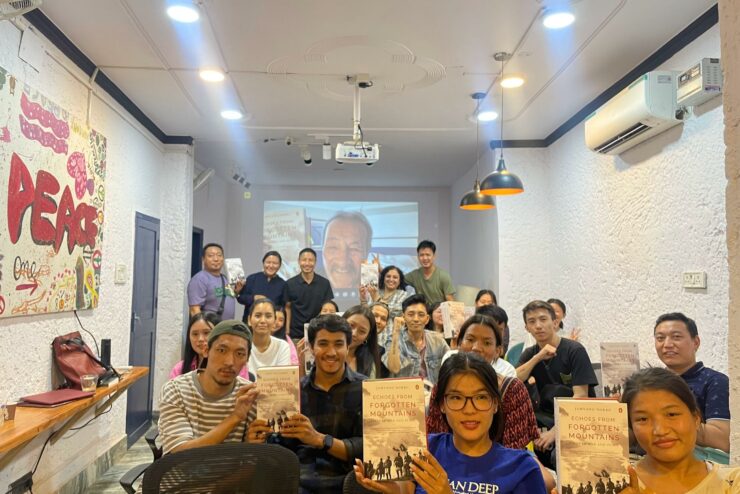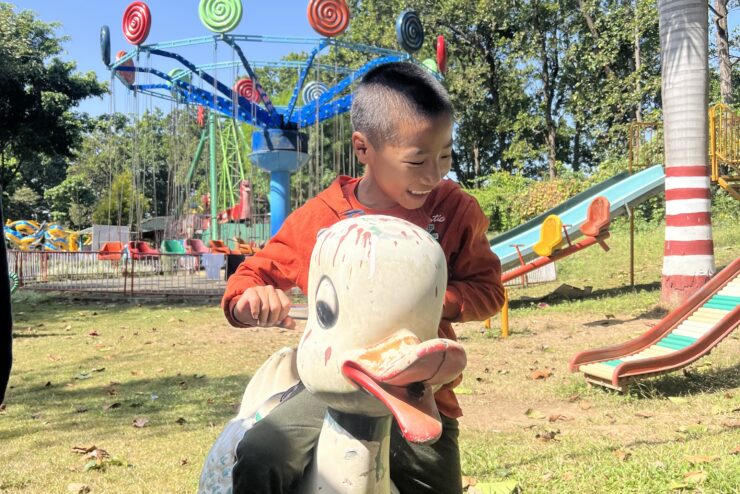For exiled Tibetans living in remote and inhospitable environments, being able to grow their own food while minimising the environmental impact helps build self-sufficient and strong communities well into the future.

The two solar greenhouses constructed with your support last year meant students at Tibetan Children’s Village schools in Ladakh (right) could grow enough fresh vegetables to provide themselves with a balanced, healthy diet over winter. They even had some surplus produce, which they sold within the local community – a helpful source of nutrition during the colder months!
On the heels of this success, we are exploring related projects in Nepal, at Tserok Tibetan Settlement and in Bakhang (below). With your support and working with the local people, we hope to revitalise these communities by addressing soil erosion and malnutrition through permaculture – a system of agriculture that mimics natural patterns of the ecosystem.
It uses a variety of techniques to improve soil health, prevent erosion, increase crop yields, and improve community health.
Dr Roy Welford has been a generous supporter of our work in Bakhang and the surrounding areas for many years. After a recent visit, he told us:
“There are very few green vegetables, everyone seems to live off potatoes, which is not good for micronutrients and anaemia.”

Taking learnings from our work in Ladakh, we plan to support community members to establish greenhouses for year-round cultivation of organic vegetables, alongside training in greenhouse management and organic farming techniques.
In consultation with the Tserok community, we are exploring permaculture solutions to the problems posed by major flooding from the nearby river and irrigation difficulties, which makes it difficult for them to grow food.
Thank you for helping bring sustainable change and improved quality of life to these Tibetan communities




